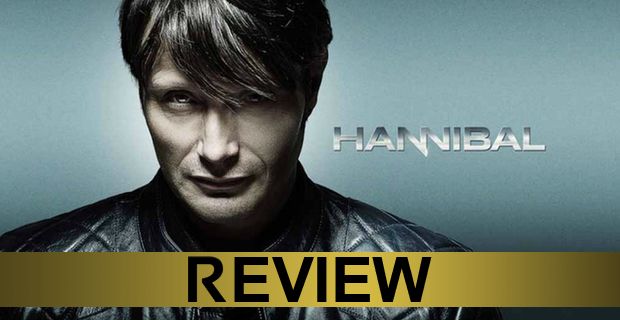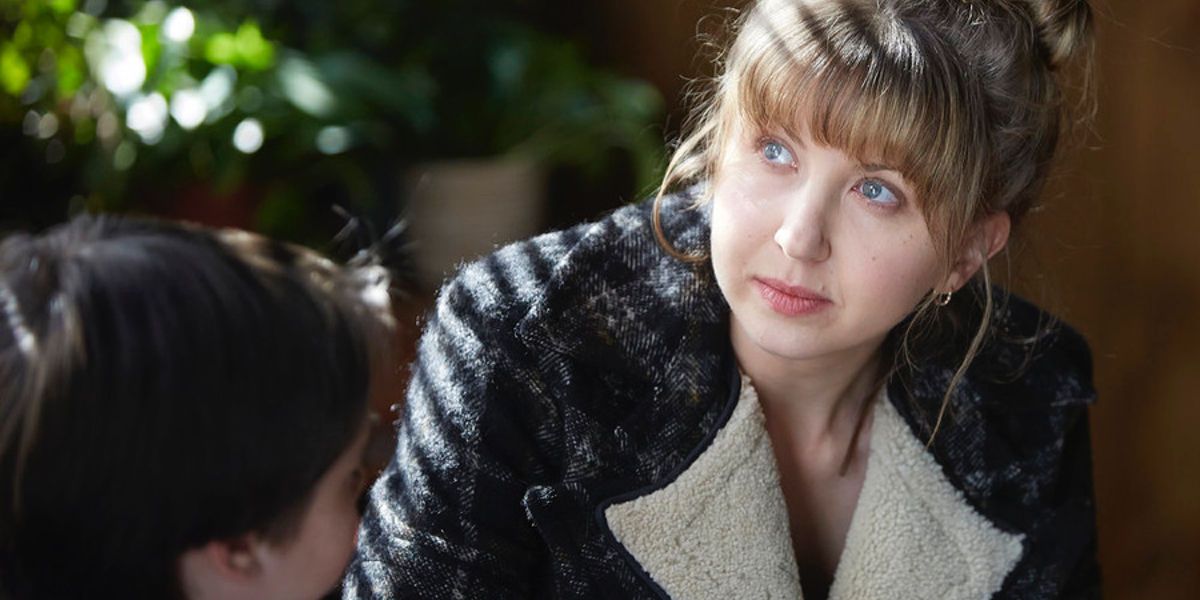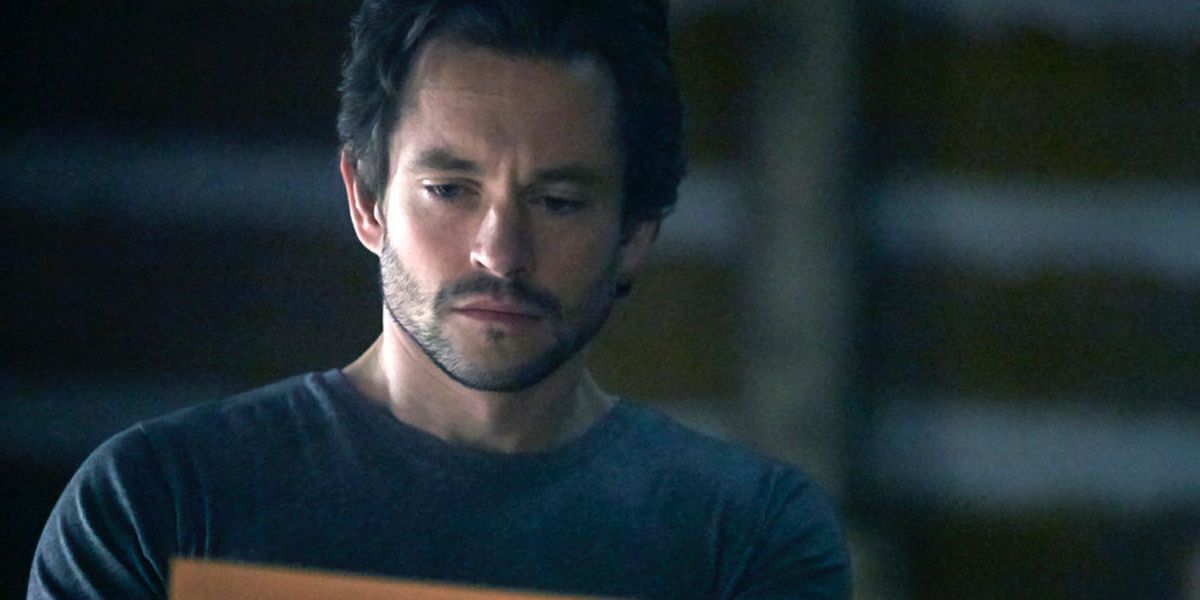[This is a review of Hannibal season 3, episode 11. There will be SPOILERS.]
-
It would be unfair to box Hannibal Lecter in the role of jealous, green-eyed monster simply because he sent a killer after the family of the man with whom he shared an incredibly intimate relationship. It's unfair because of Hannibal's current living conditions (especially now that the famed killer is left without a toilet as retribution for the abovementioned transgression). But it's also unfair because, as Hannibal points out at the end of '…And the Beast from the Sea,' The Great Red Dragon wasn't sent to stalk Molly and Walter because the good doctor wants Will all to himself (well, not entirely); Hannibal did it because, like Francis Dolarhyde, he wants others to transform into the best version of themselves. It just so happens that, as Hannibal sees things, Will is at his best when he is so far inside the mind of a killer, his own killer instincts become impossible to suppress.
As such, '…And the Beast from the Sea' carries with it a tremendous sense of transformation, as it's not just Francis feeling the push-pull temptation and fear of pending change, but also nearly everyone involved in the story at this point.
One of the ways in which Bryan Fuller and Steve Lightfoot have been so successful with their adaptation of Red Dragon, and their handling of a character like Francis, is that they have managed to convey how he is not simply a killing machine meant to push the plot forward; he's a bundle of terrifying, complicated emotions – emotions many can relate to, even if they've never been convinced they're turning into a winged beast who "transforms" entire families on a lunar cycle. The most prevalent emotion is, ostensibly, fear – which manifests as a fear of intimacy, a fear of opening one's self up to another person so that they can be seen for who (and what) they truly are. In Francis' case, having his true self be seen is his greatest fear and his deepest desire. And as the episode here demonstrates, in a beautifully lit sequence bathed in red and green light, highlighting the stop-and-go nature of Francis' inner turmoil, the conflict of this despair and aspiration causes his relationship with Reba to crumble, largely because of the tremendous obstacle she represents in terms of the actualization of his transformation.
By illustrating Francis' reservations about becoming the Red Dragon (and the punishment he is delivered for attempting to subdue the beast within), the series establishes a new line between him and Will – a line that had become somewhat blurred recently. While Francis pushes Reba away in an attempt to protect her, Will's instinct is to draw Molly and Walter in closer, despite the reservations the two now have about their newish husband and stepfather and his connection to the man who entered their house and tried to kill them.
Francis' stalking of Molly and Walter offers a nice homage to Michael Mann's Manhunter, with the knitted cap pulled down over his eyes and nose, leaving his terrifying mouth in plain view. But the invasion also works as a literal representation of the terrifying depth and breadth of Hannibal's influence. Francis isn't merely a killer looking for his next victims; he's the manifestation of Hannibal the Cannibal in the outside world. Locked away, Hannibal may be at the nadir of his lifestyle, but his powers of manipulation and control are absolutely at their zenith.
And as the season and perhaps series nears its end, it becomes clear that the minds behind Hannibal see the Red Dragon storyline as one in which the idea of containment and control reveals itself to actually be about powerlessness and the relinquishment of authority. And that is no more evident than in the scenes between Alana and Hannibal.
Alana attempts to get a rise out of her captive by intimating he is clawing out some sense of relevancy in the new world order – i.e., Hannibal Lecter is old news, imprisoned in a mental hospital, while a new killer stalks happy families and "transforms" them, making headlines. The thing is, whether she knows it or not (and she probably does), Hannibal's not really moved by notions of relevancy; he's simply content to pull strings from inside his cell and watch as those in the outside world do what he wants. The scene when Alana comes to confront Hannibal about who he's been talking to on the phone is a perfect example of this. Alana has more or less taken the role of Chilton in the series, so she's there to scold, reprimand, and threaten. And yet, Hannibal impolitely remains in a relaxed lounging position on his bed, barely diverting his attention away from the book he's reading. Why would Hannibal need to be relevant in rags written by people like Freddie Lounds when he's clearly the most relevant thing in Baltimore State Hospital for the Criminally Insane, and, as evidenced by her onscreen actions, the world of Dr. Alana Bloom?
That's not to say Hannibal is having a good time stuck behind a plastic partition; it's just that, when dealing with a character like Dr. Lecter, it can often be difficult to determine who is stuck where. These last few episodes since the time jump have presented Hannibal in captivity, but he has accepted the beast within and continues to live that life to its fullest, even though he is incarcerated. And so, because Hannibal is still in control of himself (unlike, say, Francis and Will), the question becomes one of who, really, is the free one among them? And is there reason to be jealous of that freedom?
-
Hannibal continues next Saturday with 'The Number of the Beast is 666' @10pm on NBC.
Photos: Sophia Giraud/NBC



